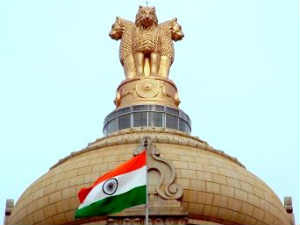
New Delhi, May 22: Song writers, artistes and performers can now claim royalty for their creations as the Parliament has approved a law to provide the much-delayed justice to them.
The Copyright Act (Amendment) Bill, 2012 was passed by the Lok Sabha, which witnessed unusual unanimity on the matter with members from all parties supporting the measure for creative artistes whose benefits are cornered by producers.
The bill, passed by the Rajya Sabha on May 17, declares authors as owners of the copyright, which cannot be assigned to the producers as was the practice till now.
Noting that artistes had been left in the lurch as the producers cornered all the royalties, HRD Minister Kapil Sibal said that the new law will help them live a good life even in old age as they would continue to get their dues for their work.
Moving the bill for passage, he gave examples of Shehnai exponent Bismillah Khan and music composer Ravi to press home the point that the condition of such excellent artistes was pitiable as they were not able to pay even house rent and hospital charges.
The bill makes it mandatory for broadcasters - both radio and television - to pay royalty to the owners of the copyright each time a work of art is broadcast.
It bans people from bringing out cover versions of any literary, dramatic or musical work for five years from the first recording of the original creation.
The bill received overwhelming support including the Opposition which appreciated the government for such a step, though belatedly.





Comments
Add new comment